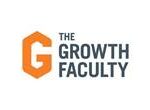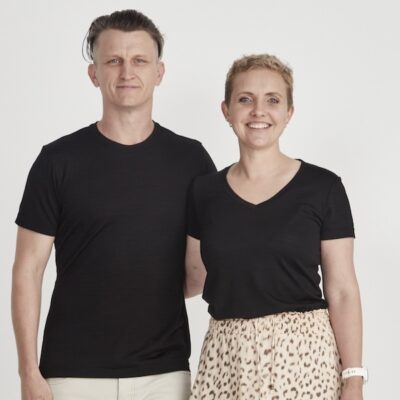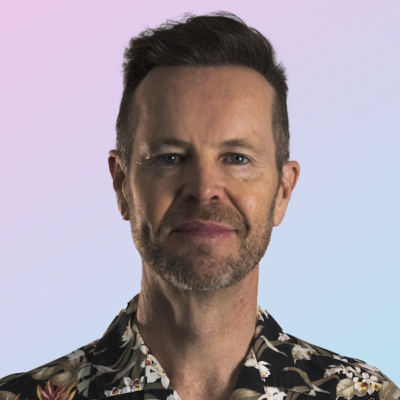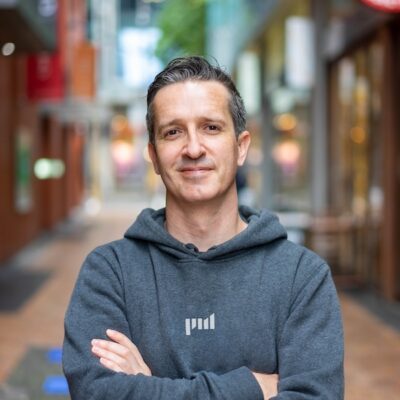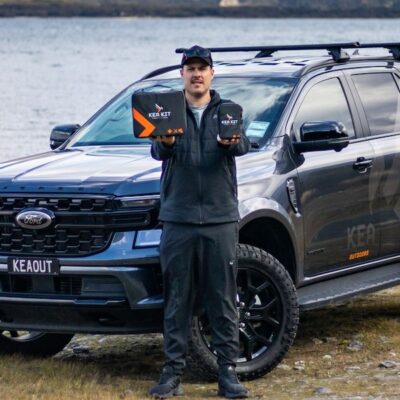Entrepreneurial Success: it’s not about the location
San Francisco based Stephen N. Anderson reminds us that leading entrepreneurship doesn't necessarily come out of technology trend centres.
882
Successful entrepreneurs are not just 20-year-old computer science major college drop-outs from Silicon Valley. Location is not essential. Thoughtful, intelligent individuals with fortitude and experience form a more common profile of successful entrepreneurs.
According to a recent study by the University of California Berkeley Haas School of Business, the average business founder is 38, with a master’s degree and 16 years of work experience.
It is a known that Silicon Valley venture capitalists frequently accept “pitches” only from people they know, and rely on gut feelings, intuition and what worked before.
“I can be tricked by anyone who looks like Mark Zuckerberg,” Paul Graham, co-founder of seed investor Y Combinator was quoted in The New York Times.
“Show me another industry where the way you find your customers is to wait for your friends to introduce them to you,” says Roy Bahat, Chief of the Bloomberg tech investment fund called Bloomberg Beta, who was involved in the Haas project.
Away from the reputation of hot centres of new tech and money, entrepreneurs also succeed with an edge over their competition.
New Zealand has an advantage of independent thinking out of the buzz of trends that influence those seeking winners, and investors chasing trends. The same is true of other places 'away' from tech trend centres.
In 1991 economist Dr Patrick Caragata created a disruptive quantitative system from his New Zealand home office that could accurately rate the financial health of corporations and financial institutions. And with that he established his company, Rapid Ratings, where he is Executive Vice Chairman and Head of R&D.
Today, the company is located in New York City and rates over 14,000 public companies and thousands of private companies in 110 countries, most of whom provide products or services to Rapid Rating’s customers who depend on their suppliers to be financially sound. Its customers include FedEx, Microsoft, Harley-Davidson, Hess, ABB (Asea Brown Boveri), Rolls Royce, Anglo-American, and several global financial institutions.
It gained significant prominence for having recognized financial problems of MF Global, Enron, WorldCom, Parmalat, General Motors, Bear Stearns, Ford, US Steel and Peregrine and published low ratings years before Standard & Poor’s, Moody’s and Fitch Ratings.
Rapid Rating’s CEO and chairman, James Gellert, testified before the U.S. Congress about the collapse of MF Global, which Rapid Ratings had rated as a high risk for more than two years prior to MF Global filing for bankruptcy. Standard & Poor’s and Moody’s had issued investment grade ratings until just a few days before the bankruptcy filing.
Back on the farm
Four years ago, two 22 year old web designers in Ann Arbor, Michigan, USA, listened to an uncle complaining about the new data management software he was trying to use for his family’s farm. Even with company tutoring, he could not track the most basic data he needed to manage effectively. It wasn’t because he did not know how to use it, it was because it did not do the job he needed.
The web designers, Jesse Vollmar and Brad Koch, over the next two years developed FarmLogs. Today it is being used by more than 70,000 farmers with 100 acres or more in the United States. For the FarmLogs founders was it about a great market, original thinking, dedication, a disregard for outside resources? Not really. They applied for a grant with Y Combinator in 2012, a California immersion program for entrepreneurs and they turned to University of Michigan computer science graduates for employees.
Down under
CUUBLE is an Australian example of creative, entrepreneurial intelligence recognizing that the needs of one close relative represented a common issue among senior citizens globally. Cuuble’s founder Susan Oliver had 16 years of senior governance roles and a history of new companies .
Three years ago in 2012, Susan’s father was losing touch with family, friends, and daily needs as the gradual aging process began taking hold and complexities of phoning, healthcare, shopping, and other important connections became too difficult. However, he wanted to stay independent as long as possible.
Starting from the basic requirements of someone like her father, Susan began laying the groundwork to develop a software product that would deliver a touch screen of colorful 'keys' with unmistakable symbols for every need.
Cuuble is the outcome. It is a software-enabled communications and information management platform designed to be a central source for the social media and daily management tasks required for interaction, stimulation and remote support.
The software also includes many specific carer and care organization administrator functions such as calendar management, health and medical information, in addition to the personal applications.
And Spain too
Spain is not the first country that comes to mind when you think of technological innovation in the 21st century. However, it has credible examples of successful technology emergence. Three men, closer to the 38 year old average age the Haas School study identified as typical founders – Antonio Rodriguez, Carlos Martinez and David Solana – had a group epiphany. They recognized that the digital economy was, according to Carlos Martinez, “moving forward at a very rapid pace and that most 'offline' economic structures and activities, and market research in particular, would be severely disrupted.”
They reasoned that marketing’s traditional 'broadcasting' approach to research from the previous decades was dramatically losing its effectiveness and that online, digital interactions would be marketing’s new 'raw material'.
This was the seminal moment for what became OPINATOR, and the development of its interactive market research software platform. Their goal was to provide businesses in all sectors with a new form of conversation with its customers: 100 percent based on online interactions across all digital channels in real-time.
Two years later they launched their customer research technology that can reach customers across multiple channels, devices, platforms and languages. Today their European customers include Telefonica, Coca-Cola, Unilever, BBVA and Santander, to name a few.
Stephen N. Anderson is Managing Partner of Marquis Advisory Group LLC in San Francisco, California. Email [email protected]


